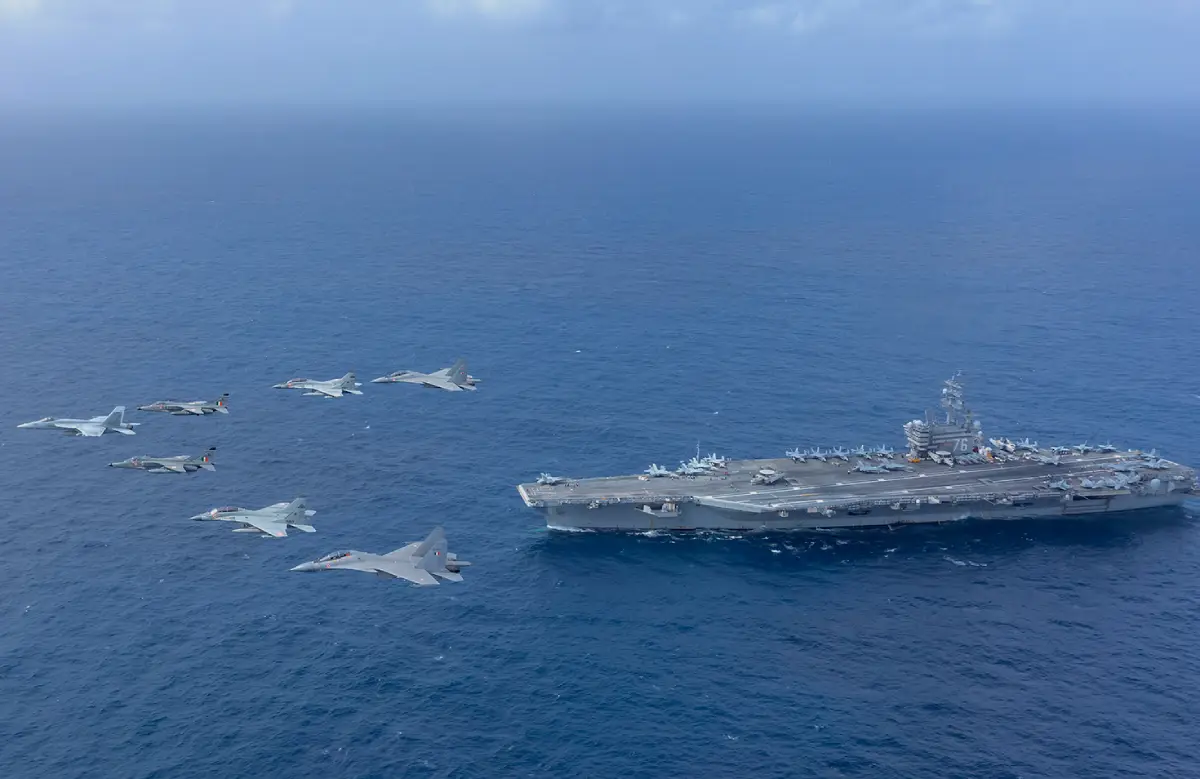
After Pacific, India, US Turn Attention To Indian Ocean
WASHINGTON, DC (IANS) – India and the United States are now turning towards the Indian Ocean as their next frontier of cooperation across a wide suite of issues from trade to security, drawing upon the “trust and confidence” they have developed working together in the Indo-Pacific region, a US official said on June 27.
The two sides plan to launch an “ambitious Indian Ocean set of deliberations” that will incorporate key players from the Indian Prime Minister’s Office in the National Security Council and US State Department, Defense Department, and the navies of the two countries, US Deputy Secretary of State Kurt Campbell told reporters, reviewing his recent visit to New Delhi with US National Security Adviser Jake Sullivan.
The Indian Ocean initiative plugs a significant shortcoming in US strategy for the region. Many leading experts have called for India-US cooperation to be broadened from the Indo-Pacific to the Indian Ocean, going right up to the east coast of Africa, where India and the US are working together increasingly.
“We’ve had, I think, enormous progress in the dialogue between the United States and India on the Indo-Pacific. I think we know both recognized there is the necessary trust and confidence between the two sides to work now on the issues that are most central but frankly, sensitive with respect to the Indian Ocean.”
India is a resident naval power in the Indian Ocean and plays a significant role, the Carnegie Endowment for International Peace said in a 2023 paper. It outlined India’s exposure to the ocean with over 7,500 kilometers of coastline, 14,500 kilometers of navigable waterways, and 212 active ports.
Campbell said, “I think our desire is to help support India’s maritime domain awareness, it is military capabilities, both naval and air to discuss a shared interest in the maintenance of peace and stability. And again, I think the United States acknowledges and recognizes that India’s leading role here and our desire is to ensure that our cooperation expands increasingly into a domain that is going to be central going forward.”




